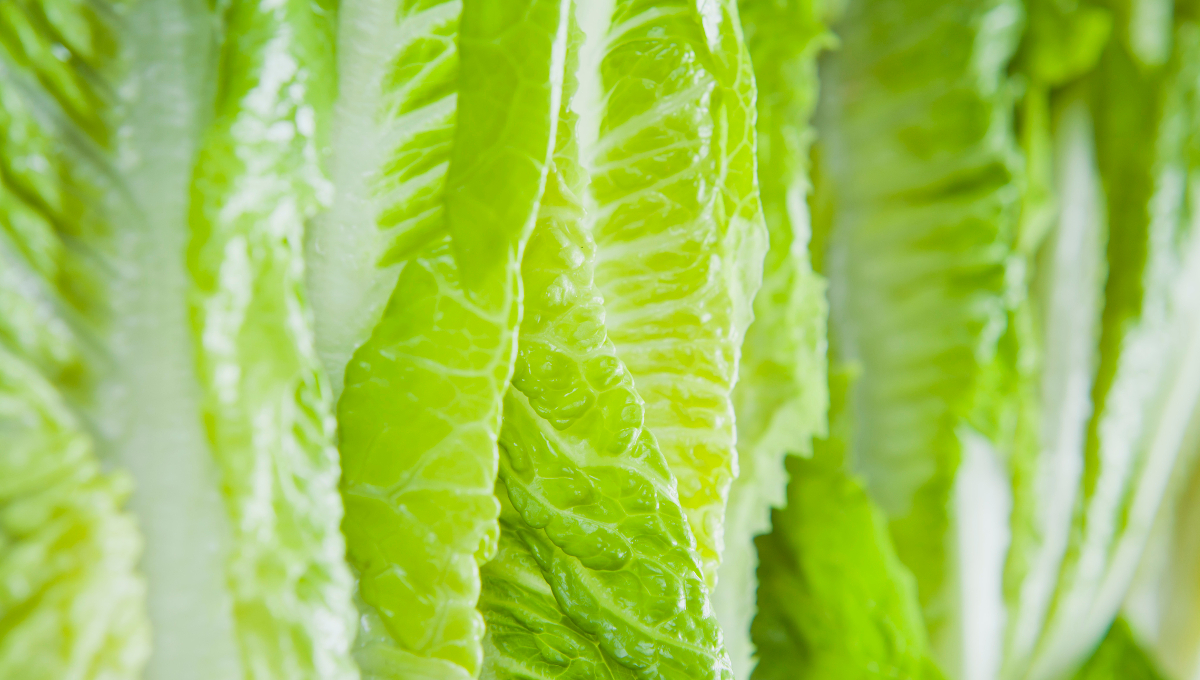Contributed
Editor’s note: Trevor Suslow, currently vice president for Produce Safety at the Produce Marketing Association and formerly with the University of California-Davis where he did extensive research with postharvest produce and freshcut produce, wrote this letter to members of the fresh produce industry earlier this week. It is reprinted here with his permission.
Hello Science & Technology Community,
Please find below an update on the Romaine Outbreak and Recall Advisory.
Please find below an update on the Romaine Outbreak and Recall Advisory.
Late into last Friday night, PMA, United Fresh and other trade associations worked hard to get clarifications of the FDA and CDC notifications about the Romaine outbreak and recall. The language prior to the update was inadequate to prevent confusion in the trade around product to be withdrawn, recalled and disposed at all points of consumer consumption or purchase. The key issue was confusion, including within the FDA and CDC, around required business identifier labeling and PTI (Produce Traceability Initiative) labels on cases and cartons, not typically seen by consumers, and specific point of sale packaged units displaying Grown In information. The corrections to the CDC and FDA webposts helped immeasurably to reduce most of the confusion. However, despite this we are still hearing that firm identification pre-printed identity or labels vs. grown-in labeling confusion is still causing rejections of product in the system that has been harvested outside the currently named counties, as well as Yuma grown and harvested product which is entering the system, because the grower shipper has their business office address on a carton or unit package as Salinas, CA.
At this time, the FDA and CDC websites identify the Salinas region, as defined by the United Fresh Produce Association and the Produce Marketing Association Romaine Taskforce, to specifically include Santa Cruz, Santa Clara, San Benito, and Monterey counties in California.
The FSIS has also posted notification of recall affecting all FSIS-regulated establishments who are advised not to serve, ship, or sell products that contain romaine lettuce from the Salinas, California, growing region. This precautionary measure includes all types of romaine lettuce from the Salinas, California, growing region, such as whole heads of romaine, hearts of romaine, and packages of precut lettuce and salad mixes that contain romaine, including baby romaine, spring mix, and Caesar salad. They advise that If you do not know the source of your romaine lettuce, and if you cannot obtain that information from your supplier, you should not serve, ship, or sell the product.
Since the Friday 22 November announcement, all PMA communications have explicitly stated that all forms and products containing Romaine lettuce of any type or use at all points of consumption or purchase that cannot be specifically known to have been GROWN outside the named California counties be removed from inventory and POP display. PMA email messages include distribution to convenience store companies and their associations.
Early on over this past weekend, it was relatively easy to find retail product on shelves with the consumer-facing stickers identifying Grown In information which should have resulted in removal for sale.
Currently, the linkage across the majority of cases of illness and epidemiology information gathered by interviews and other standard methods does not provide the FDA enough traceback information to identify the specific source(s) of the contamination that would allow a targeted recall from specific growers. Some clusters are specific enough to direct the FDA and state agencies to conduct environmental investigation at specific farm sites this week. In addition, FDA has stated that state partners are conducting laboratory analyses of retained romaine lettuce samples from case patients potentially linked to the outbreak.
An additional development has been the dialogue around the planned introduction of the Expanded Food Safety Inspection Act by U.S. Senator Kirsten Gillibrand of NY. The intent is to explicitly give FDA the authority to conduct environmental investigative sampling at any locations it deems necessary to pursue a source of contamination. The focus would include animal feeding operations, compost facilities, and other non-target and off-farm locations deemed relevant. FDA does not currently have full authority to conduct this type of sampling but in 2018 FDA investigators were eventually allowed access and did take limited samples at the CAFO operation in the Yuma region.
As of this morning (Monday, Nov. 25) the CDC website has the following information:
- A total of 40 people infected with the outbreak strain of E. coli O157:H7 have been reported from 16 states. View the map and timeline of reported cases.
-
- A total of 28 hospitalizations have been reported. Five people have developed hemolytic uremic syndrome, a type of kidney failure. No deaths have been reported.
- Epidemiologic, laboratory, and traceback evidence collected to date indicate that romaine lettuce from the Salinas, California growing region may be contaminated with E. coli O157:H7 and is making people sick.
- Whole genome sequencing shows that the E. coli strain in romaine lettuce tested by the Maryland Department of Health is closely related genetically to the E. coli found in sick people in this outbreak. The romaine lettuce was harvested from the Salinas, California growing region.
(To sign up for a free subscription to Food Safety News, click here.)

